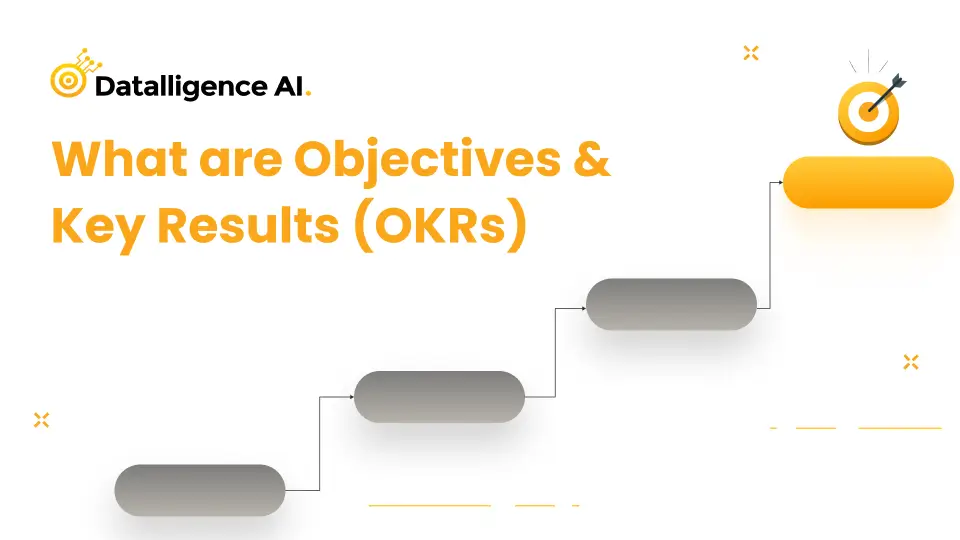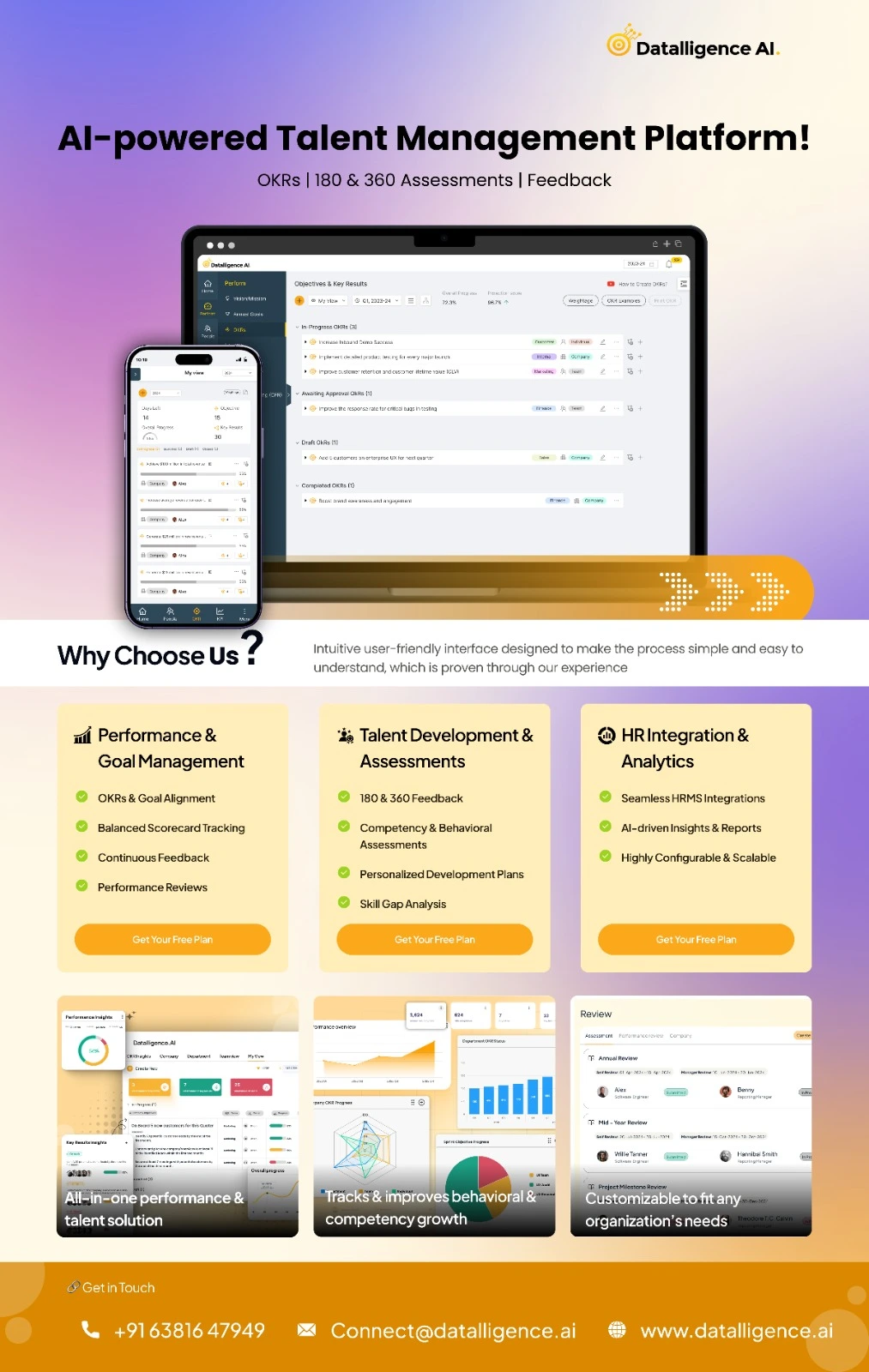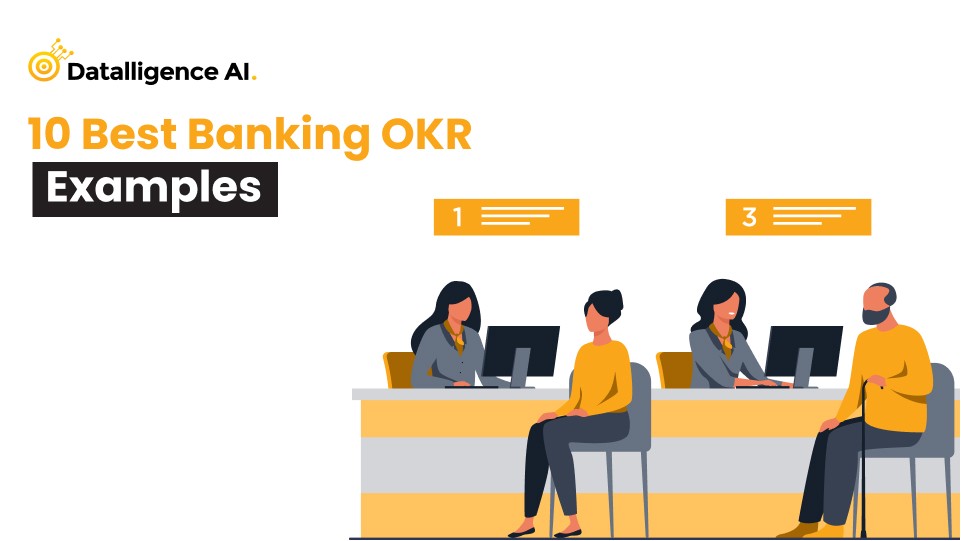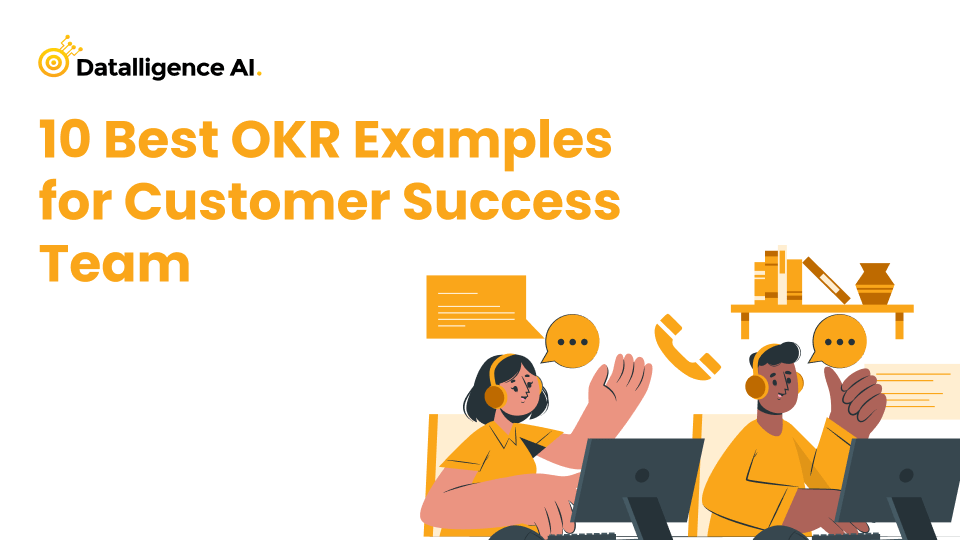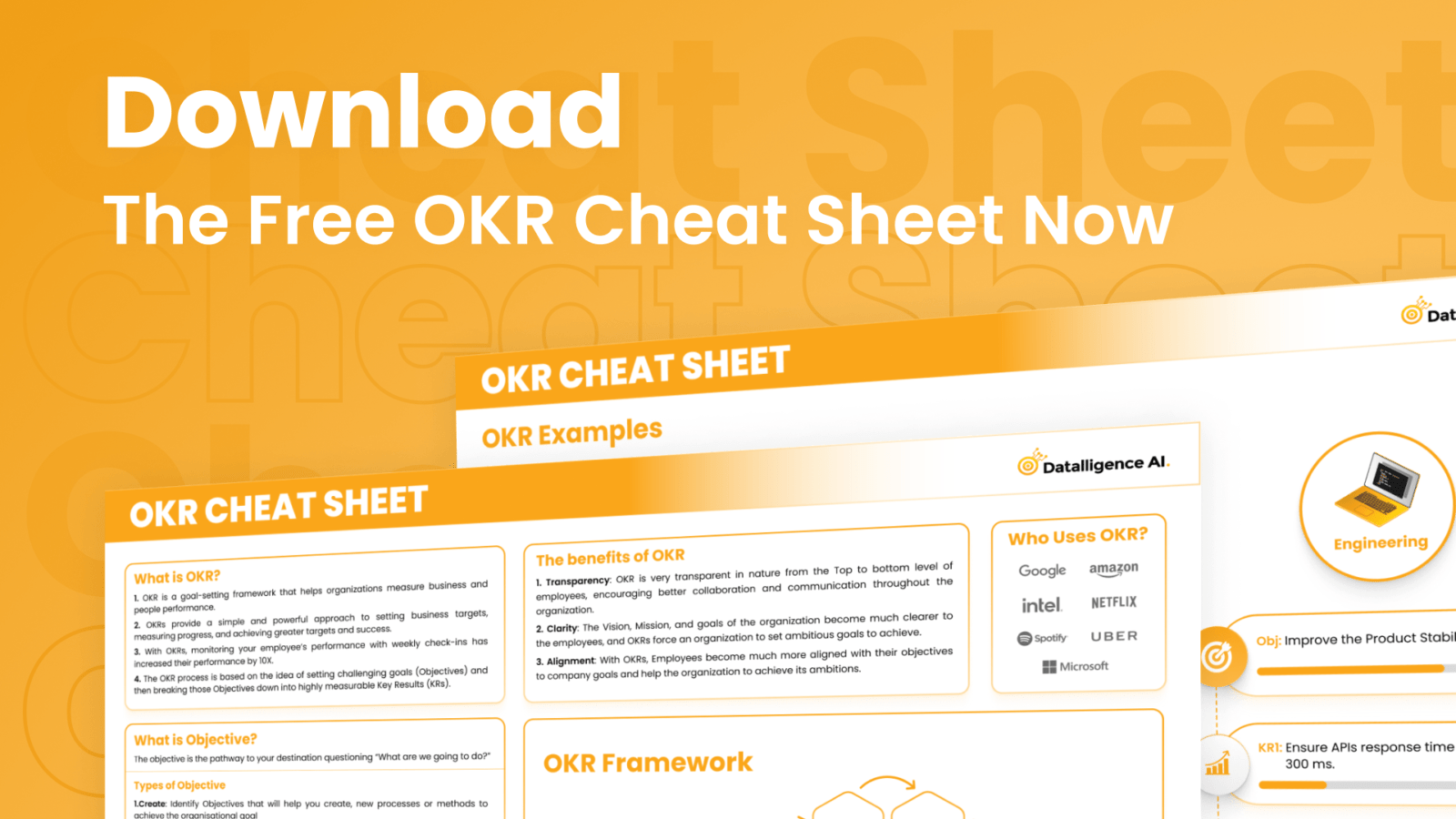In the business world, it’s important to have goals and objectives to ensure everyone is working towards a common purpose. However, simply having goals isn’t enough – they need to be specific, measurable, and attainable. That’s where OKRs come in.
What Are OKRs
OKR is a powerful goal-setting framework that was first popularized by Intel and then later adopted by companies such as Google, LinkedIn, and Airbnb. OKRs are a way for individuals, teams, and organizations to set and track their goals and progress toward them.
The OKR methodology consists of two main components:
Objectives
Objectives are the big, ambitious goals that an organization or team wants to achieve. They should be specific, measurable, and aligned with the overall mission and vision of the organization.
Key Results
Key Results are specific, measurable, and time-bound outcomes that must be achieved to reach the objectives. They should be quantifiable, achievable, and relevant to the objectives.
THE OKR Formula 🧩
OKRs are typically written with an Objective at the top and 3-5 supporting Key Results below. They can also be written as a statement.
Start with Verb: Accomplish, Drive, Envision, Improve, inspire, inspiration, enable, empower, support, uplift, outstanding, passion, introduce, shape, deliver, sustain, scale, grow, expand, become, find, discover, bulletproof
Formula: Verb + what do you want to do + so that / in order to
The OKR formula can be represented as follows:
Objective: What do I want to achieve🤔
- KR 1: How will I measure progress toward achieving the objective?
For example, let’s say a marketing team wants to increase website traffic by 30% in the next quarter. The OKR formula for this objective could be:
Objective: Increase website traffic by 30% in Q2
- KR 1: Increase organic search traffic by 20% in Q2.
- KR 2: Increase referral traffic by 10% in Q2
- KR 3: Increase email marketing traffic by 5% in Q2

OKR Benefits
OKRs offer several advantages, such as clarity, improved communication, and a comprehensive, transparent organizational strategy. John Doerr invariably refers to the F.A.C.T.S.
F – Focus
OKRs help to focus on the most essential objectives and key results, ensuring that everyone is working towards the same priorities.
A – Alignment
OKRs promote alignment across teams and individuals, ensuring that everyone is working towards the same objectives.
C – Commitment
OKRs require commitment from everyone in the organization, as everyone is responsible for achieving their objectives and contributing to its overall success.
T – Tracking
OKRs require regular tracking and measurement of progress toward objectives and key results, allowing organizations to make data-driven decisions and optimize processes.
S – Stretch
OKRs should be challenging but achievable, requiring individuals and teams to stretch themselves to achieve their goals and contribute to the organization’s overall success
Frequently made OKR mistakes
Setting too many objectives
It’s important to focus on a few key objectives rather than setting too many objectives that can dilute focus and make it difficult to prioritize.
A good rule of thumb is to set three to five objectives at a time.
Not regularly reviewing progress
OKRs are only effective if regularly reviewed, and progress is tracked. This helps to identify potential obstacles and adjust strategies accordingly.
Overly ambitious goals
Setting overly ambitious goals can be counterproductive. If goals are too challenging, they can demotivate individuals or teams, leading to a lack of progress or even failure.
Goals should be challenging but achievable.
What are the different types of OKRs
OKRs can be differentiated into Committed OKRs and Aspirational OKRs.
To learn more about the difference between the two, Visit our Aspirational OKRs vs Committed OKRs blog.

5 Common OKR Examples
Objective 1: Increase Revenue Key Results:
- KR 1: Achieve a 20% increase in sales in the next quarter.
- KR 2: Launch a new product or service by the end of the year.
- KR 3: Expand customer base by 15% in the next six months.
Objective 2: Improve Customer Satisfaction Key Results:
- KR 1: Achieve a net promoter score (NPS) of 9 or above in the next quarter
- KR 2: Reduce customer complaint rate by 20% in the next six months.
- KR 3: Implement a new customer feedback system by the end of the year
Objective 3: Increase Employee Productivity Key Results:
- KR 1: Reduce employee turnover rate by 10% in the next year.
- KR 2: Increase employee engagement score by 15% in the next six months.
- KR 3: Implement a new employee training program by the end of the quarter.
Objective 4: Enhance Brand Awareness Key Results:
- KR 1: Increase website traffic by 30% in the next quarter.
- KR 2: Launch a social media campaign that reaches 100,000 people in the next six months.
- KR 3: Secure coverage in a top-tier media outlet by the end of the year
Objective 5: Improve Operational Efficiency Key Results:
- KR 1: Reduce manufacturing costs by 15% in the next quarter
- KR 2: Implement a new project management system that improves productivity by 20% in the next six months.
- KR 3: Reduce customer response time by 50% in the next year
Conclusion
In summary, OKRs are a powerful tool for achieving business goals because they provide a clear roadmap for success, foster alignment and transparency across teams, and improve focus and motivation.
Talk to our coaches and experts to learn more about OKR and its effectiveness.
Want to explore more? Try our 14-day free trial or book 30 minutes free coaching session with our OKR experts

